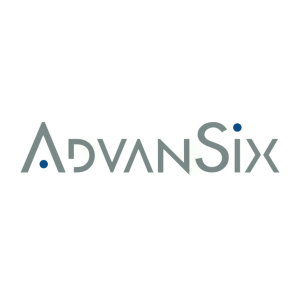[Form 4] AdvanSix Inc. Insider Trading Activity
Form 4 Overview: On 06/18/2025, AdvanSix Inc. (ASIX) director Todd D. Karran was granted 5,020 restricted stock units (RSUs) under the company’s 2016 Stock Incentive Plan. The RSUs were awarded at $0 cost and will vest in full on 06/18/2026.
Post-transaction ownership: Following the grant, Karran’s direct beneficial ownership increased to 85,739 common shares. This figure already includes 491 dividend-equivalent shares accrued on previously awarded but unvested RSUs and deferred stock units, which were exempt from reporting under Rule 16a-11.
Key details:
- Transaction code: “A” (award of securities)
- Role: Director (not an officer)
- Ownership form: Direct (D)
- Rule 10b5-1 plan: No indication that the grant was made under a 10b5-1 trading plan.
Investor takeaway: The filing represents a routine equity incentive grant designed to further align the director’s interests with shareholders. No cash was exchanged, and there were no open-market purchases or sales. The lack of derivative transactions or dispositions suggests a neutral liquidity impact on the company’s float.
- Grant of 5,020 RSUs enhances director-shareholder alignment without cash outflow.
- Director’s total holding rises to 85,739 shares, signalling sustained commitment.
- None.
Insights
TL;DR: Routine RSU grant; increases director stake to 85.7k shares, neutral cash impact.
The 5,020-share RSU award is standard board compensation rather than a discretionary open-market purchase, so it does not imply a valuation view by the insider. However, the additional equity marginally tightens share supply once vested and improves long-term alignment. With no sale activity and a one-year cliff vesting, the filing is neutral for near-term trading dynamics.
TL;DR: Governance-aligned equity incentive, immaterial to ownership structure, positive for alignment.
The award follows AdvanSix’s 2016 Stock Incentive Plan, demonstrating continued adherence to an established equity policy. Grant size is modest relative to typical director compensation and does not materially dilute shareholders. The inclusion of dividend-equivalent units shows thoughtful plan design, but overall impact on governance risk or control is minimal.







